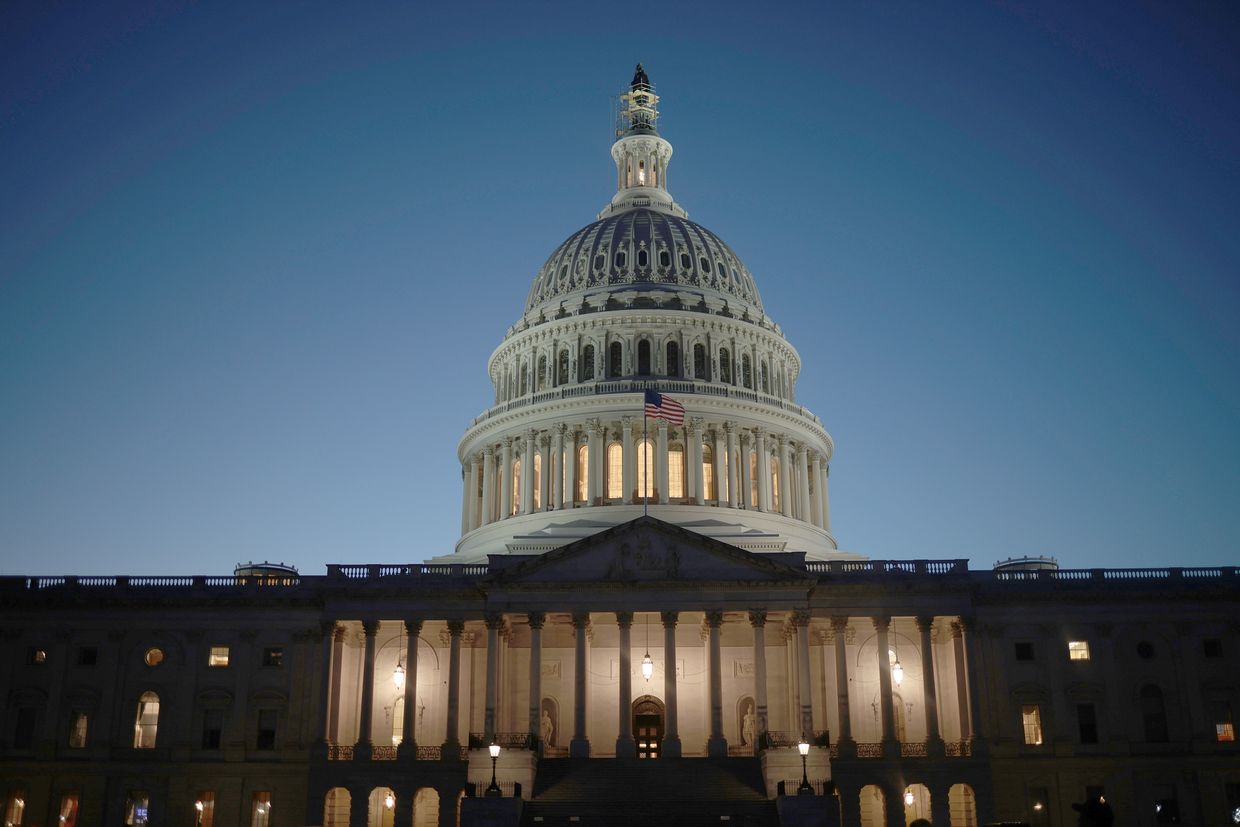Bloomberg: US leading efforts within G7 to develop $50 billion aid package to Ukraine

The United States is leading talks among the Group of Seven (G7) nations to develop a military aid package to Ukraine worth up to $50 billion, Bloomberg reported on May 3. The potential package would reportedly be funded by the profits generated by accrued interest on frozen Russian assets.
Western countries and Kyiv's other partners have immobilized around $300 billion of Russian assets in response to the full-scale invasion of Ukraine, with around $5 billion held in the U.S.
The frozen Russian assets, which are predominantly held within the European Union, will generate approximately 5 billion euros ($5.3 billion) in windfall profits annually, and would allow for repayment as Western allies provide additional aid funding towards the proposed package.
“Ideally, this is something we would like the entire G7 to participate in, be part of, not just have the United States doing it alone,” U.S. Treasury Secretary Janet Yellen told Bloomberg, adding that the plan is something that G7 allies are "discussing."
According to sources familiar with the matter, the U.S. is looking to come to an agreement on a plan for the June G7 meeting in Italy, although sources say that an agreement may take months to come to terms.
Washington has long been one of those allies pushing to funnel Russian funds directly to Kyiv. In turn, European countries have been more hesitant, fearing economic and legal pitfalls. The EU has instead been working on a unilateral plan to use the profits generated by the frozen assets to fund defense assistance for Ukraine.
According to Bloomberg, the plan that the United States is developing would - if agreed upon - replace the EU-only proposal.
Moscow said it could lower the level of diplomatic relations with the U.S. if Washington seizes Russian assets. Relations between the two countries have already deteriorated significantly since the start of the full-scale invasion.
Amid ammunition and air defense shortages, as well as an anticipated summer Russian offensive, Ukraine has urged Western allies additional aid funding and weaponry. Late last month, the U.S. approved a $61 billion aid package, although Ukraine still faces a weapons deficit as aid slowly starts to arrive over the coming weeks and months.
The U.S. Congress also recently approved the REPO Act that would allow President Joe Biden's administration to seize Russian assets held at American banks and funnel them to Ukraine.












